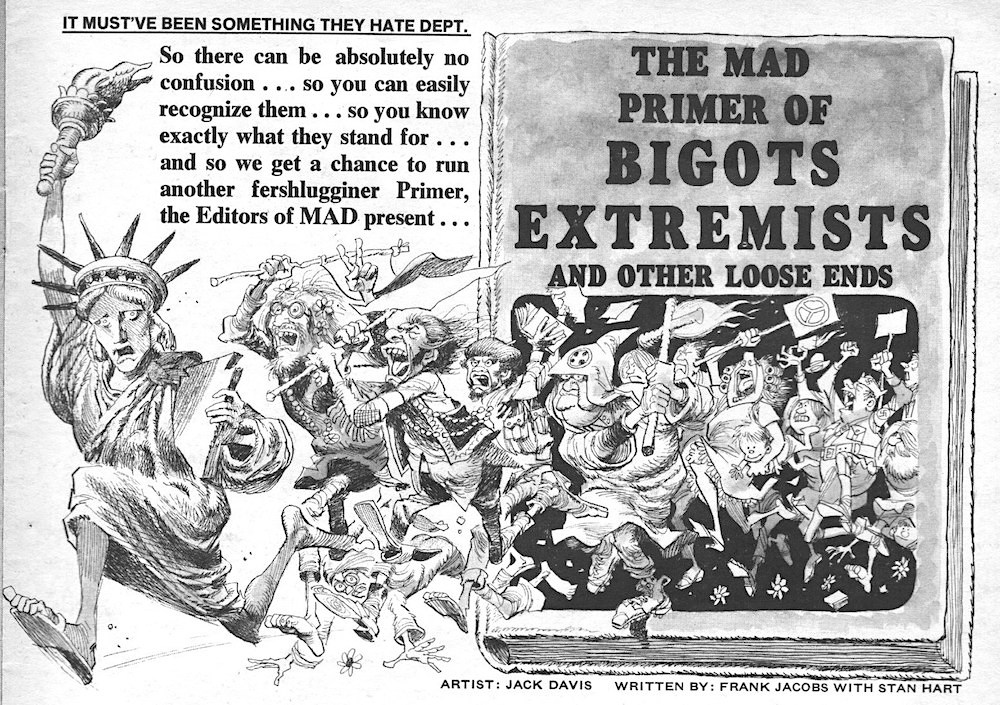I personally will be very happy to take these trains.
A quick thread about night trains
The transport ministers from 🇩🇪🇦🇹🇫🇷🇨🇭, and the CEOs of the state-owned 🚅 operators in each (DB, ÖBB, SNCF, SBB), held a press conference about night trains today...
This slide summarises what they'd agreed

I personally will be very happy to take these trains.
Most of these routes have *already* been announced (Zürich to BCN, Rome, Amsterdam) - see https://t.co/7JnAo74tIX
Or have been even trialled (Vienna-Brussels) - see https://t.co/kYCambVXph
In short: we're talking today about something like 4-6 new train services a day
Was there word on how to solve that? No, of course not
ÖBB CEO Matthä talked of fair competition - but only with other transport modes.
More from Jon Worth
To those saying that those who have got their public health advice wrong earlier in the pandemic should put up their hands and apologise... a little cautionary lesson from another sector
A short 🧵
1/
Public health is not my thing
But Brexit is
And throughout 2019 and 2020 I have been trying to make predictions as to what will happen in that story. Lives do not depend on this, only my professional reputation (marginally) does
2/12
The three series of #BrexitDiagram I made in 2019 were extraordinarily accurate
Series 1/2
https://t.co/wOSzIXxJ2M
Series 3
https://t.co/E4fKeGoa5n
Series 4
https://t.co/yRsQ8mLGj1
Each series got that stage of Brexit right
3/12
The 2020 series was nowhere near as good - at one stage I had No Deal Brexit at 78% chance in early December - and that was not what
I own this error - I was wrong
I know *why* I was wrong - I thought the European Parliament would fight more on Provisional Application, and I thought agreeing everything in a week wouldn't work. I wasn't right
The Manston crisis / borders closing changed something too
5/12
A short 🧵
1/
Public health is not my thing
But Brexit is
And throughout 2019 and 2020 I have been trying to make predictions as to what will happen in that story. Lives do not depend on this, only my professional reputation (marginally) does
2/12
The three series of #BrexitDiagram I made in 2019 were extraordinarily accurate
Series 1/2
https://t.co/wOSzIXxJ2M
Series 3
https://t.co/E4fKeGoa5n
Series 4
https://t.co/yRsQ8mLGj1
Each series got that stage of Brexit right
3/12
The 2020 series was nowhere near as good - at one stage I had No Deal Brexit at 78% chance in early December - and that was not what
I own this error - I was wrong
I know *why* I was wrong - I thought the European Parliament would fight more on Provisional Application, and I thought agreeing everything in a week wouldn't work. I wasn't right
The Manston crisis / borders closing changed something too
5/12
You May Also Like
I just finished Eric Adler's The Battle of the Classics, and wanted to say something about Joel Christiansen's review linked below. I am not sure what motivates the review (I speculate a bit below), but it gives a very misleading impression of the book. 1/x
The meat of the criticism is that the history Adler gives is insufficiently critical. Adler describes a few figures who had a great influence on how the modern US university was formed. It's certainly critical: it focuses on the social Darwinism of these figures. 2/x
Other insinuations and suggestions in the review seem wildly off the mark, distorted, or inappropriate-- for example, that the book is clickbaity (it is scholarly) or conservative (hardly) or connected to the events at the Capitol (give me a break). 3/x
The core question: in what sense is classics inherently racist? Classics is old. On Adler's account, it begins in ancient Rome and is revived in the Renaissance. Slavery (Christiansen's primary concern) is also very old. Let's say classics is an education for slaveowners. 4/x
It's worth remembering that literacy itself is elite throughout most of this history. Literacy is, then, also the education of slaveowners. We can honor oral and musical traditions without denying that literacy is, generally, good. 5/x
As someone\u2019s who\u2019s read the book, this review strikes me as tremendously unfair. It mostly faults Adler for not writing the book the reviewer wishes he had! https://t.co/pqpt5Ziivj
— Teresa M. Bejan (@tmbejan) January 12, 2021
The meat of the criticism is that the history Adler gives is insufficiently critical. Adler describes a few figures who had a great influence on how the modern US university was formed. It's certainly critical: it focuses on the social Darwinism of these figures. 2/x
Other insinuations and suggestions in the review seem wildly off the mark, distorted, or inappropriate-- for example, that the book is clickbaity (it is scholarly) or conservative (hardly) or connected to the events at the Capitol (give me a break). 3/x
The core question: in what sense is classics inherently racist? Classics is old. On Adler's account, it begins in ancient Rome and is revived in the Renaissance. Slavery (Christiansen's primary concern) is also very old. Let's say classics is an education for slaveowners. 4/x
It's worth remembering that literacy itself is elite throughout most of this history. Literacy is, then, also the education of slaveowners. We can honor oral and musical traditions without denying that literacy is, generally, good. 5/x

















